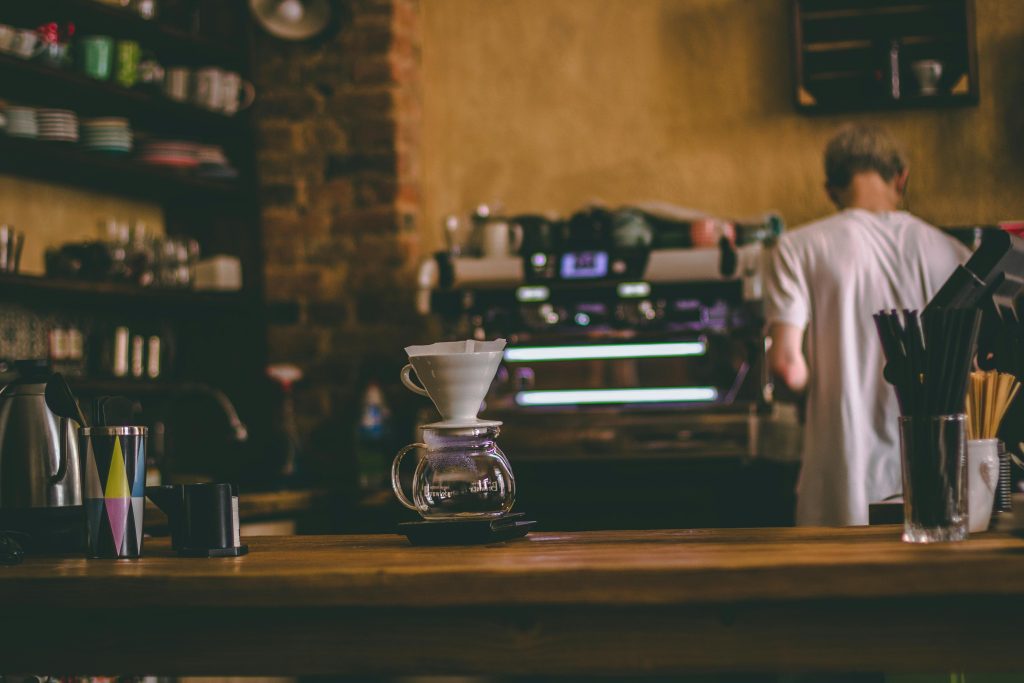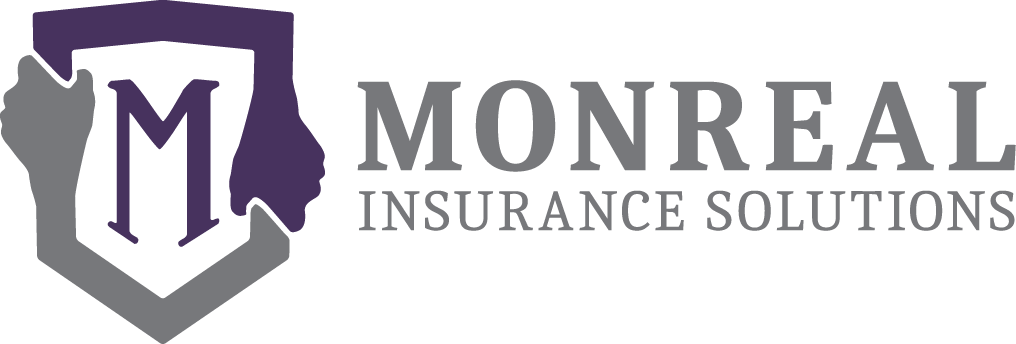
Managing a restaurant is a complex venture that comes with its own set of unique risks. From kitchen fires to slip-and-fall accidents, restaurants face a myriad of potential hazards daily. Effective risk management is crucial for protecting your business from these dangers and ensuring its long-term success. Here are some key strategies that small restaurant owners can employ to manage risks effectively in the insurance arena.
1. Understand Your Risks
The first step in managing risk is to identify the specific dangers your restaurant faces. These can include:
- Kitchen Fires: Cooking equipment is a common cause of fires in restaurants. Ensuring that fire suppression systems are in place and regularly maintained can mitigate this risk.
- Slip-and-Fall Accidents: These incidents are common in restaurants, with wet floors and spilled food posing significant hazards. Regularly cleaning and maintaining flooring, as well as placing warning signs, can help reduce these accidents.
- Foodborne Illnesses: Proper food handling and storage procedures are essential to prevent outbreaks that could harm your customers and your reputation.
According to industry data, 38% of small businesses face property damage claims each year, highlighting the importance of understanding and mitigating these risks.
2. Invest in Proper Training
Ensuring that your staff is well-trained in safety procedures can prevent many accidents and reduce the likelihood of insurance claims. Comprehensive training programs should cover:
- Fire Safety: Employees should know how to use fire extinguishers and understand evacuation procedures.
- Sanitation Standards: Proper food handling and cleaning procedures should be emphasized to prevent foodborne illnesses.
- Customer Safety: Staff should be trained to quickly address potential hazards, such as spills, to prevent slip-and-fall accidents.
Studies show that businesses with comprehensive training programs see a 20% reduction in workplace accidents, making this a worthwhile investment.
3. Get the Right Coverage
Having the right insurance coverage is crucial for protecting your restaurant. Essential types of insurance for restaurants include:
- General Liability Insurance: Covers costs associated with customer injuries on your property, such as slip-and-fall accidents.
- Property Insurance: Protects your physical assets, including the building, equipment, and furniture, from damage due to events like fires or storms.
- Workers’ Compensation Insurance: Provides coverage for employees who are injured on the job.
Without proper insurance, 60% of small businesses fail within six months of suffering a major loss. Ensuring you have adequate coverage is a critical component of risk management.
4. Regularly Review Your Policies
As your business grows and changes, so too do your insurance needs. Regularly reviewing and updating your insurance policies ensures that you remain adequately covered. It’s recommended to review your insurance policies at least once a year, taking into account any new risks or changes in your business operations.
5. Learn from Past Claims
Analyzing past claims and lawsuits can help identify common issues and prevent them in the future. For instance, slip-and-fall incidents are a frequent cause of general liability claims in restaurants, accounting for 20% of such claims. By understanding the circumstances that led to past claims, you can implement measures to prevent similar incidents.
Case Studies: Past Claims and Lawsuits
Example 1: Kitchen Fire at Local Diner A small diner experienced a kitchen fire that caused extensive damage. The restaurant had an outdated fire suppression system that failed to contain the blaze. The claim resulted in significant property damage and business interruption losses. Post-incident, the diner upgraded its fire suppression system and implemented regular maintenance checks.
Example 2: Slip-and-Fall Incident A customer at a family restaurant slipped on a wet floor near the restroom. The restaurant did not have proper signage to warn of the hazard, leading to a lawsuit and a costly settlement. To prevent future incidents, the restaurant now ensures that wet floor signs are promptly placed and floors are dried immediately.
Example 3: Foodborne Illness Outbreak An upscale restaurant faced multiple claims after a foodborne illness outbreak was traced back to improper food storage. The incident damaged the restaurant’s reputation and resulted in several lawsuits. The restaurant responded by enhancing its food safety protocols and conducting regular staff training on sanitation practices.
Effective risk management is essential for the sustainability and success of any restaurant. By understanding your risks, investing in proper training, securing the right insurance coverage, regularly reviewing policies, and learning from past claims, you can protect your business from potential hazards and ensure its long-term viability.
For more detailed information and personalized advice, text or call Monreal Insurance Solutions at (909) 757-1311 or click the link in our bio for a quote. Protect your restaurant today and enjoy peace of mind knowing you are prepared for whatever comes your way.
